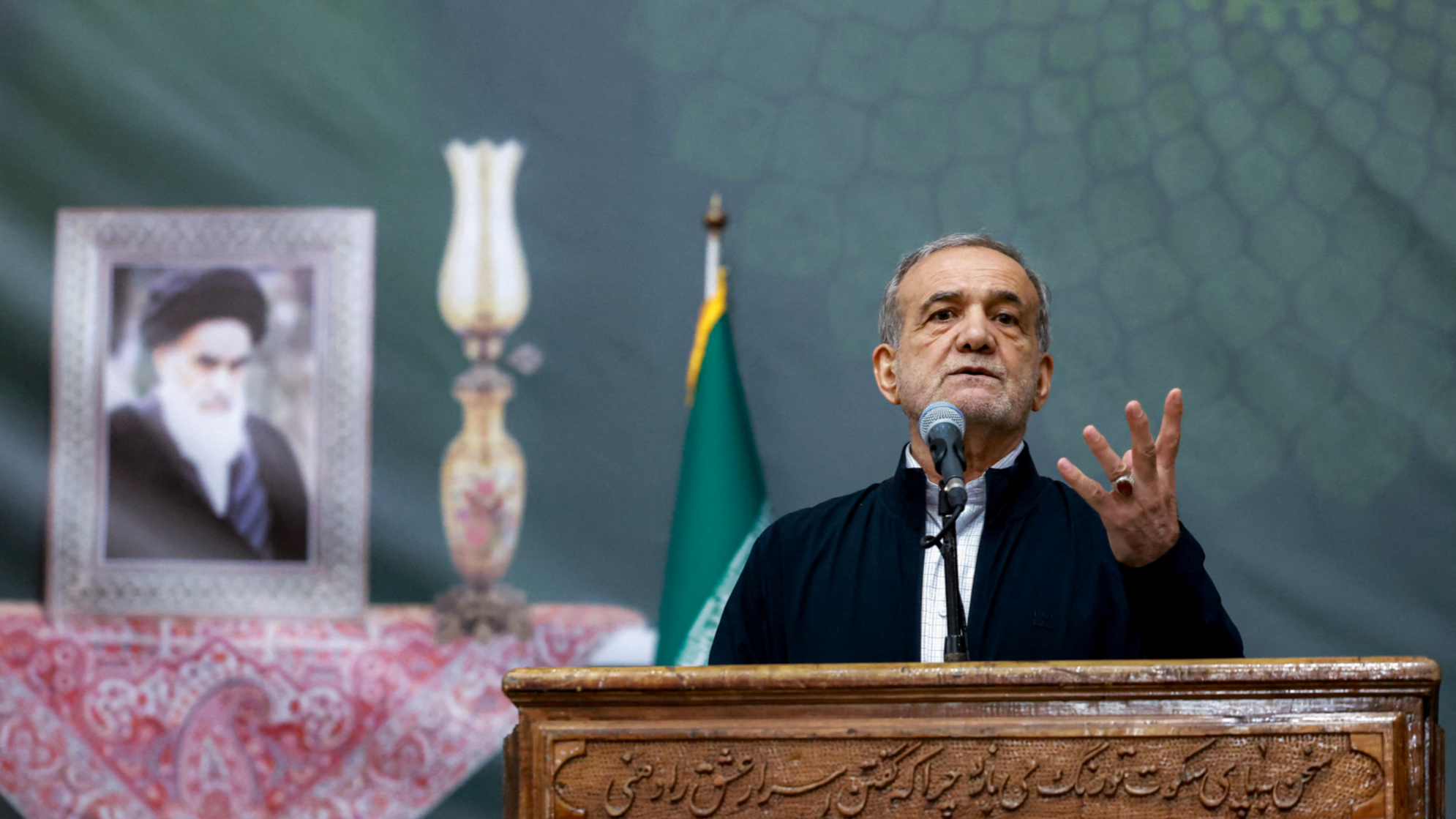
JERUSALEM/TEHERAN/UNITED NATIONS/CAIRO - Iranian President Masoud Pezeshkian on Tuesday announced the "end of the 12-day war" and urged all government bodies and revolutionary institutions to focus all their efforts on reconstruction.
"Today, after your brave and historic resilience, we witness a ceasefire and the end of the 12-day war imposed on the Iranian nation by the adventurism" of Israel, Pezeshkian said in a message to the Iranian people after the ceasefire came into force.
"The aggressive enemy failed to achieve its nefarious goals of destroying nuclear facilities and undermining nuclear knowledge, as well as inciting social unrest," he said.
In contrast, the collapse of "the false invincibility" of Israel and its allies, along with the extensive destruction of important facilities and centers in the occupied territories, sent a key message to the world that the cost of adventurism against great Iran is exceedingly heavy, he added.
In a phone call with the President of the United Arab Emirates Sheikh Mohamed bin Zayed Al Nahyan on Tuesday, Pezeshkian said that his country is ready to resolve issues within international frameworks and at the negotiating table.
The United States and Israel seek to create discord and enmity among Islamic countries, he said, noting that Iran is seeking to strengthen unity and peace in the region and considers them a basis for accelerating development.
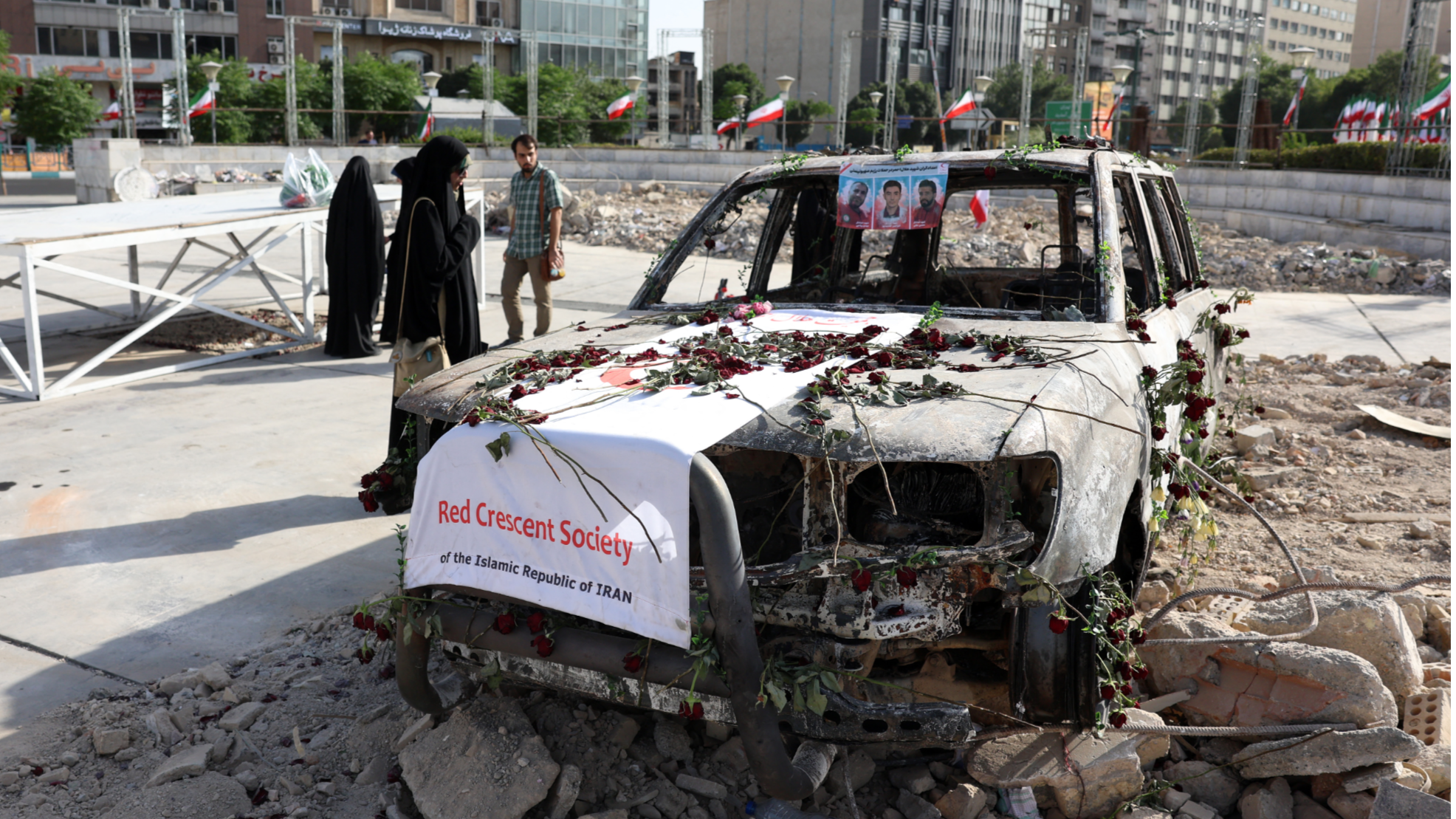
US President Donald Trump told Israel on Tuesday "do not drop those bombs" on Iran, saying that this would be a "major violation" of the ceasefire.
"ISRAEL. DO NOT DROP THOSE BOMBS. IF YOU DO, IT IS A MAJOR VIOLATION. BRING YOUR PILOTS HOME, NOW!" Trump wrote in a post on his Truth Social platform.
Israel said on Tuesday it had identified missiles from Iran, shortly after the Israeli authorities said they had accepted a ceasefire proposed by Trump.
Iran had rejected reports of having launched missiles towards Israel following the ceasefire declared between the two sides earlier in the day, the semi-official Tasnim news agency reported.
Israeli Defense Minister Israel Katz said in a statement that he had "instructed the military to respond forcefully to Iran's violation of the ceasefire with intense strikes" against targets "in the heart of Tehran."
The missiles triggered air raid sirens across the Haifa area before being intercepted by the Israeli air defense systems, the military said. No injuries or damage had been reported.
Death toll
The death toll from Israeli strikes across Iran over the past 12 days has reached 606, with 5,332 others injured, Iran's Health Minister Mohammad-Reza Zafarghandi said on Tuesday.
Zafarghandi described the past 24 hours as witnessing the "most horrific attacks and aggressions" by Israel since the start of the aerial conflict on June 13, resulting in 104 deaths and 1,342 injuries.
Meanwhile, Israel's Health Ministry has reported 28 fatalities and 3,238 injuries on its side since the onset of the conflict.
ALSO READ: Israel says new missiles from Iran amid ceasefire, Iran denies
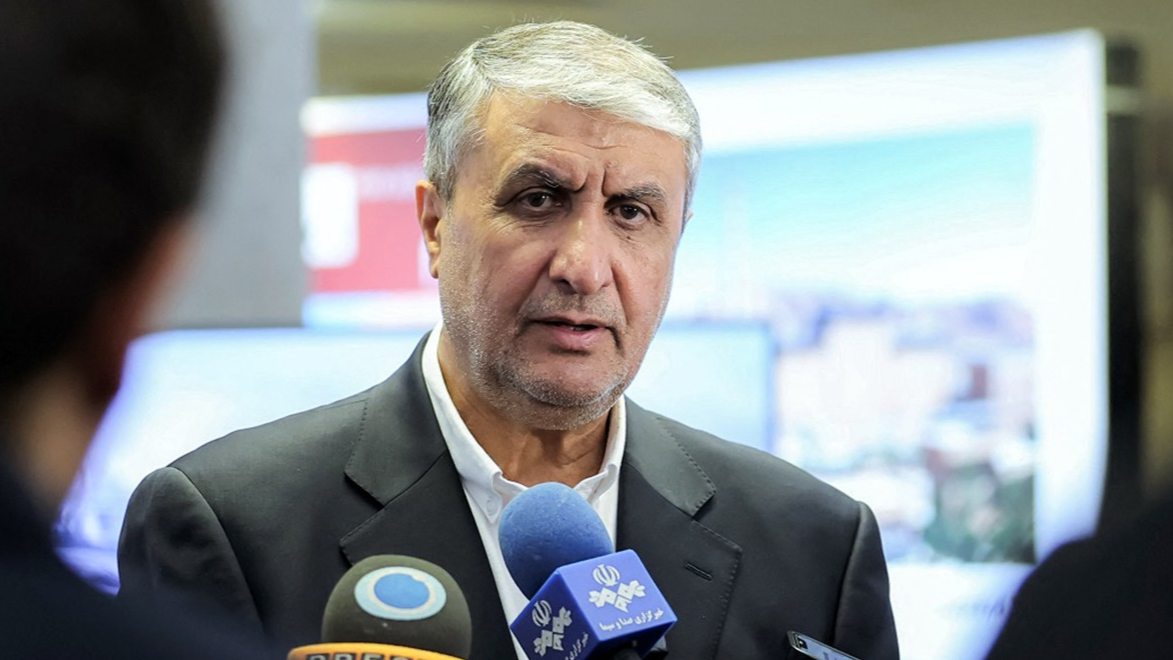
Nuclear activities
Also on Tuesday, Iran's atomic chief said that no pause would take place in the country's nuclear activities, according to state-run IRIB news agency.
President of the Atomic Energy Organization of Iran Mohammad Eslami made the remarks during an interview while pointing to the attacks by the United States and Israel on Iran's nuclear facilities, the report said.
"We have made the necessary arrangements and preparations and are assessing the damages," Eslami said, stressing that preparations for reviving the country's nuclear facilities had been anticipated in advance.
He emphasized that the country has plans to prevent any pause in its nuclear production and services.
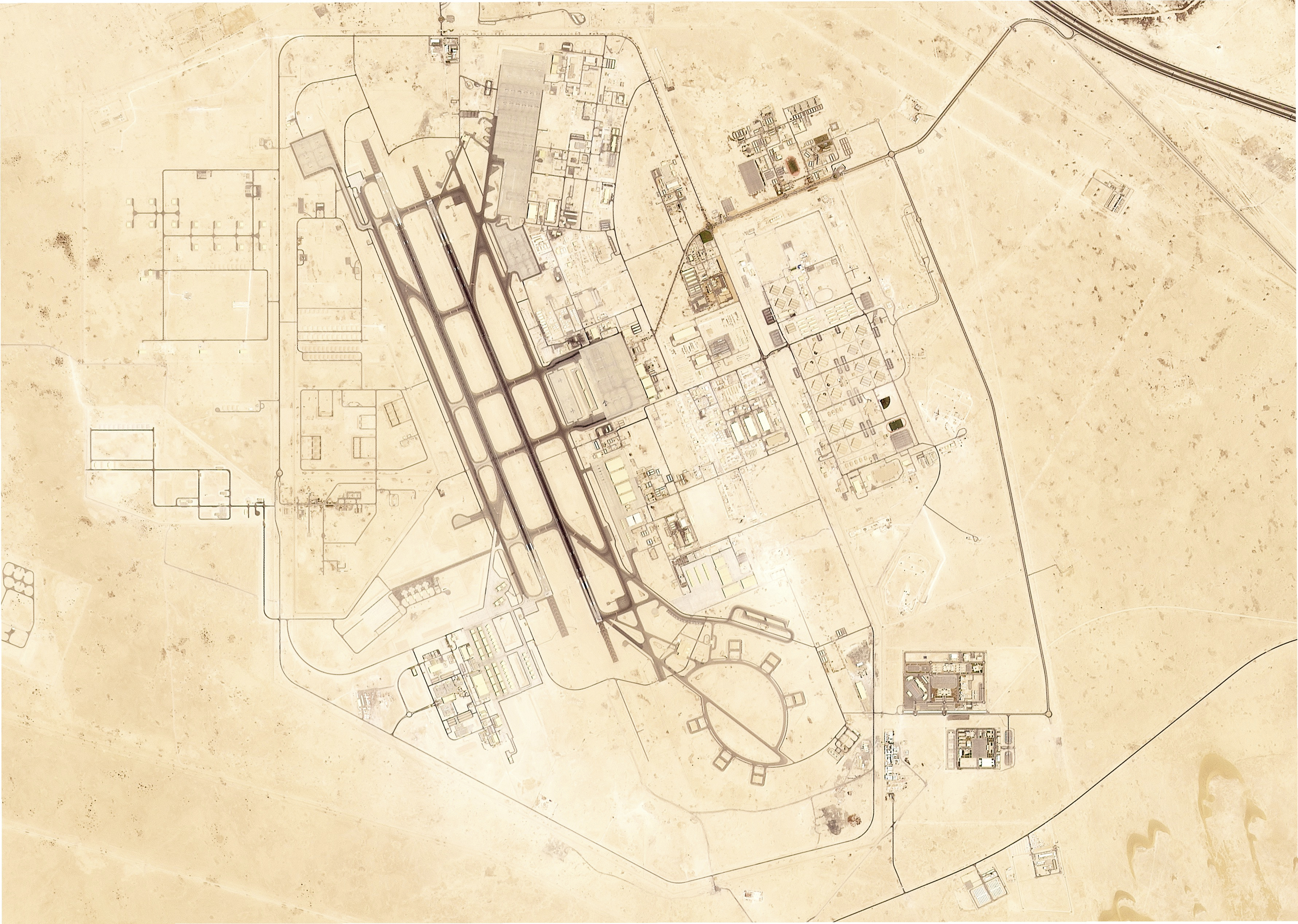
Attack against US air base
Pezeshkian on Tuesday stressed that his country's missile attack against the US air base in Qatar in no way means a confrontation between Teheran and Doha.
He made the remarks in a phone call with Qatar's Emir Sheikh Tamim bin Hamad Al Thani as a goodwill gesture to mollify the Qatari side following the Iranian military action, according to a statement published on the website of his office.
"I contacted you at the earliest opportunity to say that yesterday's incident was merely a reaction to the US direct and open participation in Israel's aggression against Iranian territory and in no way constitutes a confrontation between the Islamic Republic of Iran and its friend, brother, and neighbor, Qatar," said the president.
He added that the Iranian government and people were fully aware of Qatar's "friendly and brotherly" intentions and stances towards themselves and sincerely appreciated the supports, sympathies and companionship of the Arab state's government and people, especially during tough times.
Iran shoots down drones
Iranian air defense forces on Tuesday night detected and shot down a number of micro aerial vehicles (MAVs) in the northern city of Rasht, the semi-official Mehr news agency reported.
According to Gilan Province's Deputy Governor for Security and Law Enforcement Ali Bagheri, Rasht were attacked by "invading" MAVs. He did not specify whether the unmanned aircraft belonged to Israel or not.

Israel lifts nationwide restrictions
Israel lifted nationwide emergency restrictions on Tuesday evening, signaling a cautious return to normalcy after a fragile ceasefire with Iran took hold, ending nearly two weeks of intense cross-border attacks.
The decision came as Israeli officials assessed the aftermath of the 12-day war, which left dozens dead and over 1,000 wounded, while military leaders warned that despite a pause in fighting, the broader campaign against Iran and its allies was far from over.
Israel's Home Front Command announced in a statement that the cancellation of the restrictions, which took effect at 8 pm local time (1700 GMT), allows all regions of the country to resume full civilian activity, including the reopening of schools, workplaces, and public gatherings. Communities adjacent to the Gaza Strip will remain under guidelines allowing gatherings of up to 2,000 people.
UN welcomes ceasefire
UN Secretary-General Antonio Guterres on Tuesday welcomed Trump's announcement of a ceasefire between Israel and Iran, said a UN spokesman.
Guterres urges Israel and Iran to fully respect the ceasefire and to stop fighting, noting that the people of the two countries have already suffered too much, said Stephane Dujarric, Guterres' spokesman.
"The secretary-general hopes that this ceasefire can be replicated in the other conflicts in the region," said the spokesman.
Meanwhile, UN Undersecretary-General for Political Affairs Rosemary DiCarlo on Tuesday called for diplomacy and dialogue to ensure the peaceful nature of Iran's nuclear program.
In a briefing to the Security Council on the implementation of its Resolution 2231, which endorses the 2015 nuclear deal between Iran and the six world powers of Britain, China, France, Germany, Russia and the United States, DiCarlo regretted that with less than four months left until the termination of its provisions, the objectives of the resolution and those of the Iran nuclear deal have yet to be fully realized.
Resolution 2231 expires on Oct 18, 2025.
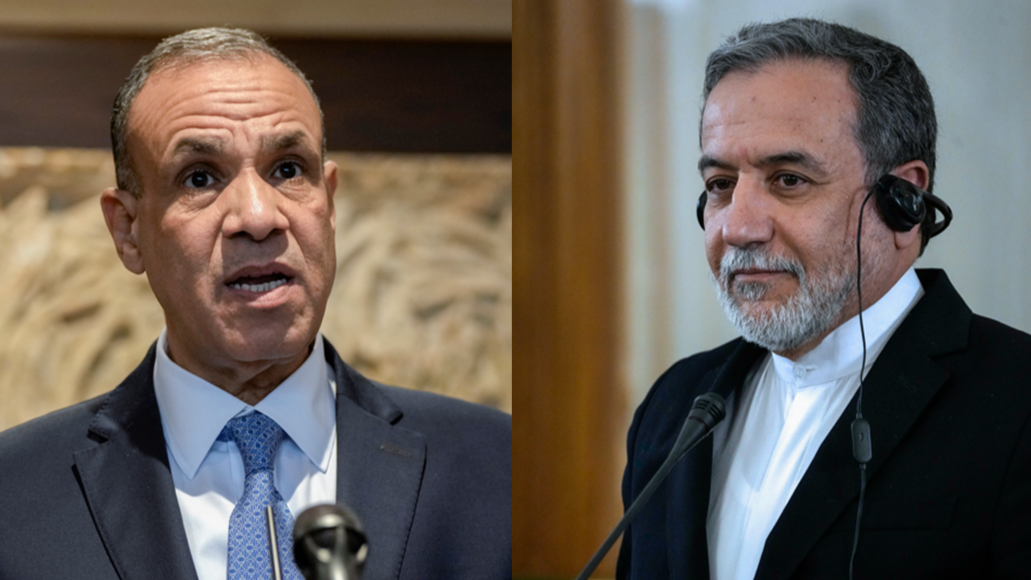
Regional development
Egyptian Foreign Minister Badr Abdelatty discussed on Tuesday the latest regional developments with his Iranian counterpart Seyed Abbas Araghchi after the ceasefire between Iran and Israel came into effect earlier in the morning.
During a phone conversation, Abdelatty reiterated the importance of not infringing upon the sovereignty of Gulf countries and other Arab nations, the Egyptian Foreign Ministry said in a statement.
He welcomed the ceasefire agreement between Iran and Israel, emphasizing the need for both countries to abide by the agreement.
Abdelatty said the agreement was a pivotal step toward containing the escalation and tension witnessed in the region in recent days, restoring stability, and opening avenues for political and diplomatic paths.
He underscored the importance of self-restraint at this delicate stage, noting the significance of both sides taking practical and tangible measures to help de-escalate tensions.
The Egyptian minister also affirmed Egypt's commitment to continued coordination and consultation with all regional and international partners to support regional security and stability.
For his part, the Iranian foreign minister affirmed his country's respect for the sovereignty, unity, and territorial integrity of Qatar and all Gulf countries, affirming Iran's commitment to the principle of good neighborliness.


